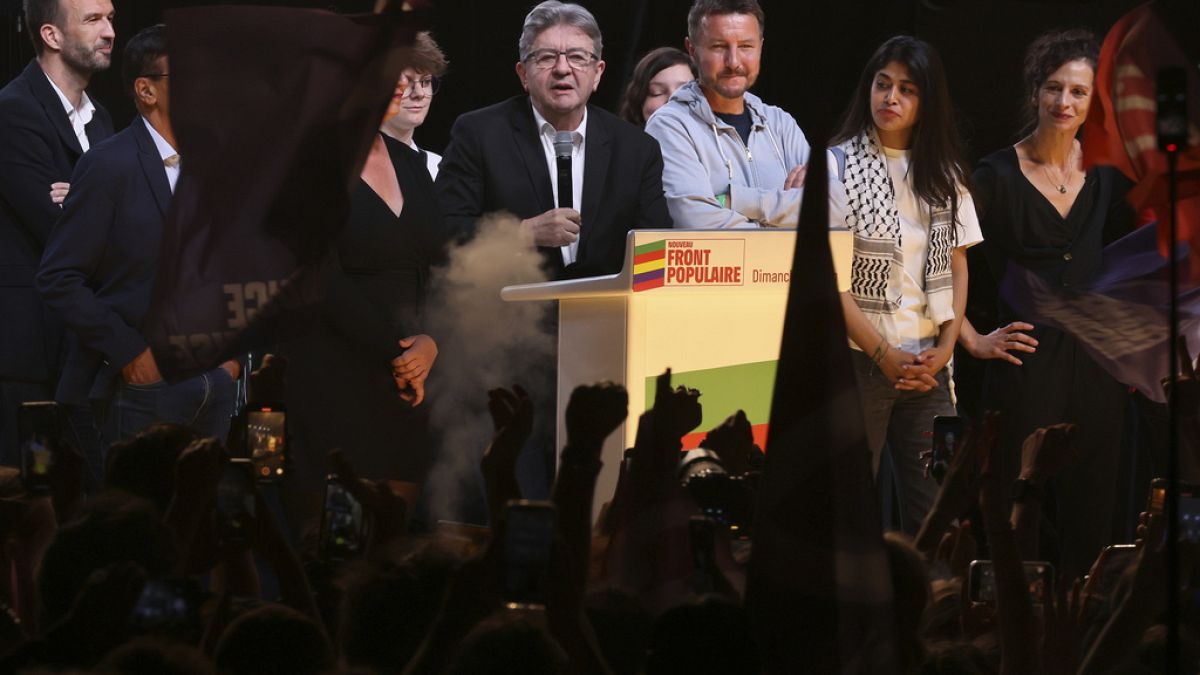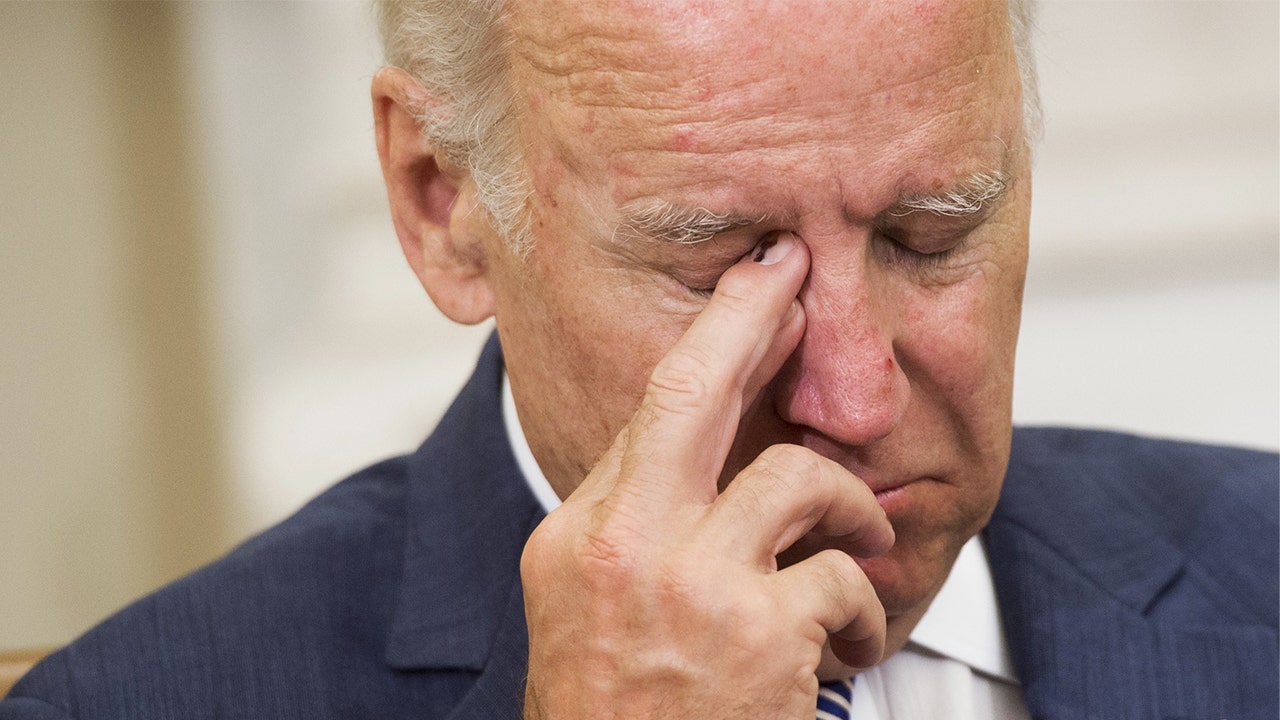
The far-right National Rally led the first round of the French parliamentary elections last Sunday. But with another round to go, what are the options for the other blocs?
With only a couple of days to go before the second round of the French parliamentary elections scheduled for 7 July, the National Rally’s opponents are scrambling to keep the far-right from obtaining an absolute majority in the National Assembly.
To do this, the left-wing coalition known as the New Popular Front (NFP) said it would withdraw its candidates in districts where they finished third to support other stronger candidates opposed to the National Rally (RN).
This tactic, known as the Front Républicain (the Republican Front), worked in the past when the far right was considered a political outcast. But will it have the same effect this time?
Euronews looked into what’s at stake for the competing blocs and the potential outcomes before the second round of voting.
Mobilising voters will be key for the left-wing coalition
The left-wing coalition, which consists of the France Unbowed Party (LFI), Socialists, Greens, and Communists, will have to rely on tactical voting practices.
“The ad-hoc Republican Front is the key to the run-off round and will be decisive in whether the National Rally can get the absolute majority of seats,” said Philippe Marlière, professor of French politics at University College London in the UK.
But this means massively mobilising the electorate for this Republican Front to be effective.
Erwan Lecoeur, a political scientist and expert on the far right, believes the mobilisation will not be as effective as in previous years because “a lot of the left-wing electorate is fed up being asked to make the sacrifice and vote against their convictions.”
This electoral fatigue could have an impact on Sunday’s vote, he told Euronews.
Macron’s centrist alliance could weaken Republican Front
For French President Emmanuel Macron’s party, the voting instructions have been less clear compared to the left.
Some of its candidates, such as Macron’s former Prime Minister Edouard Philippe, have called on candidates not to step down even if a left-wing coalition candidate has a better chance of defeating a far-right MP.
“This lack of clarity could weaken the Republican Front because some of the candidates in the presidential camp are still reluctant to call their electors to vote for an LFI candidate,” Marlière told Euronews.
Macron and his camp have led a campaign these past three weeks claiming the more radical parties in the left-wing coalition, such as LFI, are as dangerous for democracy as the far-right.
“It’s going to be very hard for Macron’s camp to backtrack on its communication strategy,” said Marlière.
Other analysts believe that the centrist alliance will have difficulties forging any meaningful alliances by the end of the week.
“Even if there is a surge on the left and centre between the first and second rounds, deep divisions and animosity between Macron’s camp, The Republicans (conservative right-wing party), and the Nouveau Front Populaire make an alternative majority governing from the centre improbable,” Célia Bélin, senior policy fellow at the European Council on Foreign Relations (ECFR), said in an emailed statement to Euronews.
Lecoeur believes there are now only two solutions left for Macron’s party. One is that Macron accepts “a government of cohabitation with a prime minister from the far-right, which will weaken his powers,” he told Euronews.
But if the National Rally doesn’t manage to achieve an absolute majority leading to a hung parliament, Macron could appoint a technical government to manage current affairs “but it wouldn’t last long,” predicted Lecoeur.
A technical government means the president could appoint – with the approval of other parties – senior civil servants and prefects who do not have a particular political leaning to manage current affairs.
Conservative right divided over the RN
The traditional conservative right-wing party Les Républicains (LR) won 10.2% of the vote on Sunday.
The right-wing party came in fourth and continues to be divided over the position to adopt against the RN.
The party has refused to give any clear voting instructions to its electorate for the next round.
But MEP François-Xavier Bellamy, interim co-director, said that “the danger facing our country today is the extreme left,” referring to France Unbowed.
Florence Portelli, vice president of the LR, for her part, declared that she would “vote blank”.
According to Lecoeur, the results of the elections show the party did better than predicted: “LR is virtually non-existent on a national level but like the Socialist Party, it holds a lot of importance on the more local level.”
“They’re present everywhere on the ground unlike Macron’s party or even the France Unbowed, and that’s where their future lies,” he said.


